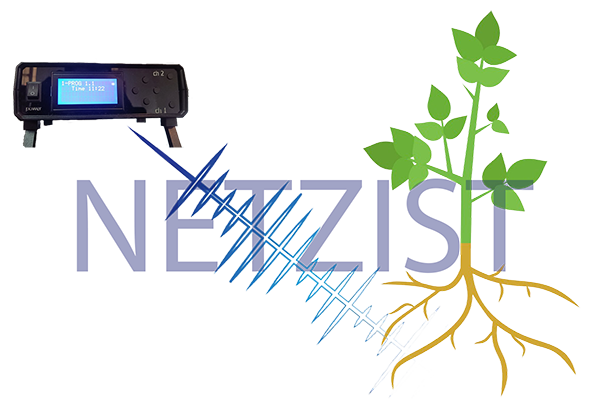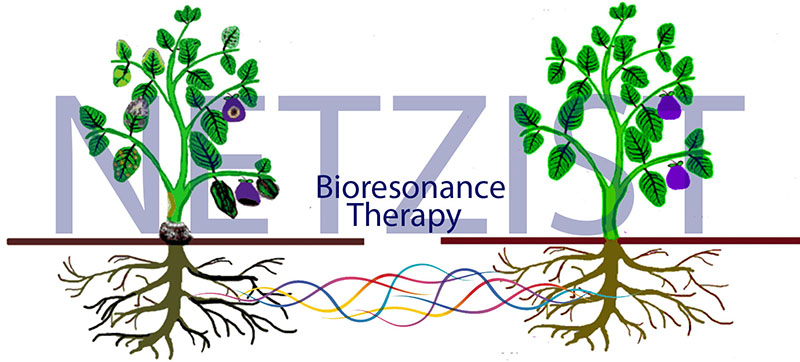Agricultural Bioresonance
Agricultural bioresonance is a technology that uses electromagnetic waves to influence the growth and health of plants. The basis of this technology is the principles of bioresonance therapy, which involves using electromagnetic frequencies to stimulate the body’s natural healing processes.

In agricultural bioresonance, electromagnetic frequencies are applied to plants to stimulate their growth and enhance their resistance to disease and pests. Bioresonance technology is used to treat seeds, seedlings, and mature plants, and it is possibly applied in various methods, such as through irrigation systems, spray applications, or soil treatments.
Proponents of agricultural bioresonance believe that the technology can help farmers reduce their reliance on chemical pesticides and fertilizers while increasing crop yields and improving the overall quality of their crops. Bio-resonance technology helps plants better absorb nutrients from the soil, Which can further enhance their growth and resistance to disease.

However, the scientific evidence for the effectiveness of agricultural bioresonance is indistinct. While some studies have suggested that the technology can improve crop yields and plant health, others have found no significant differences between plants treated with agricultural bioresonance and Control samples. As with any emerging technology, more research is needed to understand the potential benefits and limitations of agricultural bioresonance. In the meantime, some farmers and researchers are exploring the technology as a potential tool for sustainable agriculture, and it remains an area of active development and experimentation in the agriculture industry.
Author: Mohammad Khayat Tehranchi
Updated: 14 March 2023
